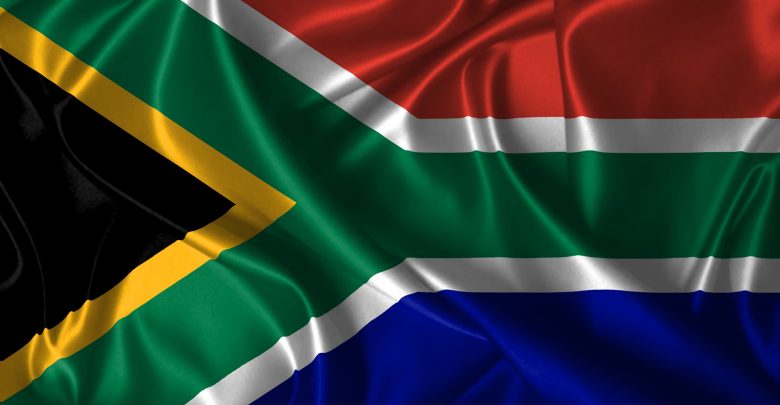The Governor of South Africa’s Central Bank recently demanded that authorities and legislators be engaged in guiding any perspective shift to the distributed ledger technology-based marketplaces.
Consider the Consequences of Innovation
South Africa Reserve Bank’s (SARB) Governor Lesetja Kganyago has suggested that the responsibility of the central banks, authorities and legislators in influencing the possible move to distributed-ledger-technology-based marketplaces should and must be played.
These stakeholders, as per Kganyago, may accomplish that goal by considering the ramifications of technology and fostering responsible development for the common benefit. They could also get around this by assisting in developing suitable legislative and administrative responses.
Kganyago offered his thoughts regarding central banks in a society founded on decentralized concepts in his virtual presentation announcing the opening of the PK2 study. He stated, from a legislative standpoint, I believe it is improbable that decentralized marketplaces would be appropriate in all circumstances or that decentralization would ensure the fulfillment of public policies goals, including consumer rights, economic security, and security and integrity, which together fall under the purview of central banks and authorities.
However, the governor emphasizes in his speech that central banks’ and authorities’ roles should change alongside the capital sector to guarantee that they remain essential in future markets, precisely as they’re present.
Experiment With No Observation of Support
Kganyago also said that in the next phase of the project, Project Khokha 2 looked into the effects of tokenization in the capital sector with a PoC that used DLT to release, concise, and resolve South African Reserve Bank debentures. Project Khokha 2 also looked into how the central and corporate bank funds can be settled on distributed ledger technology.
The South African Reserve Bank governor underlined that the Project Khokha 2 trial didn’t imply approval for any specific system or a shift in policy approach. As per Kganyago, the central bank and its partners studied the utilization of distributed ledger technology for interbank payments in the inaugural trial, nicknamed Project Khokha 1, by effectively reproducing certain operations of the South African RTGS system using distributed ledger technology.
Opinions on the Prospect of a Tokenized Stock Markets
In the context of the secondary system, the Khokha Hub, this permitted a variety of functions, like trading, operating as a CSD, security token settlement, and certain payment settlement features. According to the central bank, different market systems were compacted into one with blockchain.
Whereas the variety of players may theoretically be decreased, the responsibilities and tasks wouldn’t vanish, according to the PoC, so current legal regimes would continue applying, according to the report. Nevertheless, it was also noted that specific existing regulations might not be able to accommodate these adjustments.
The technical support was Accenture and BMA, with Deloitte assisting. The R3 Corda corporate blockchain was used by the wholesale central bank digital currencies network, while BitFair, predicated on Cosmos blockchains, was utilized by the Khokha Hub. The JSE and 4 South African banks, Standard Bank, Absa, Nedbank, and FirstRand, participated.

